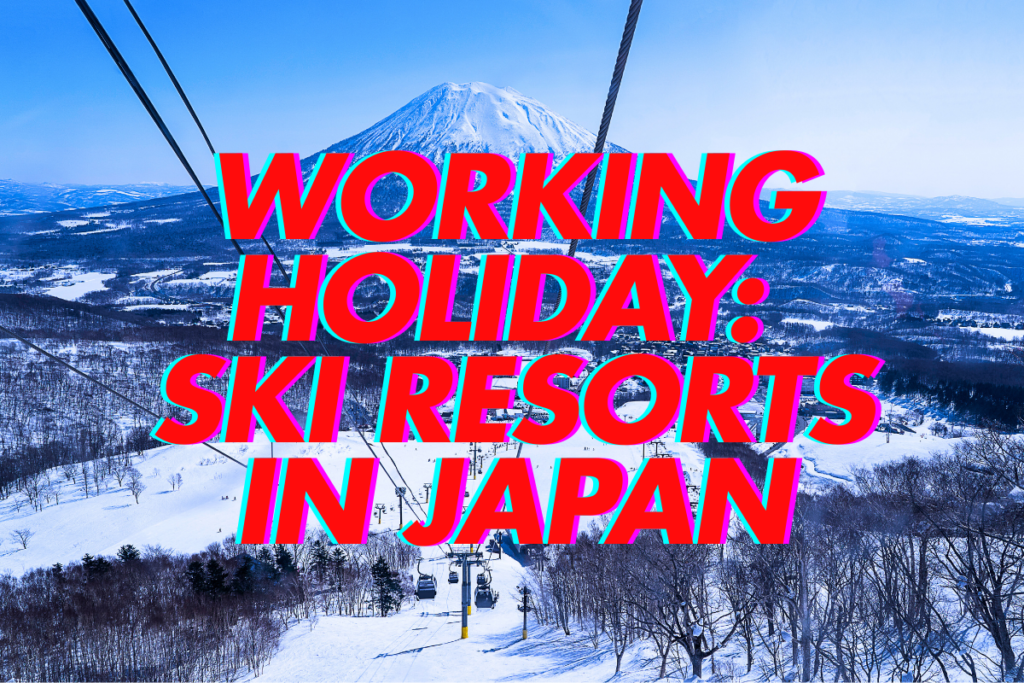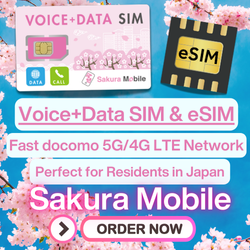Imagine spending your winter in Japan, waking up to snow-covered mountains, hitting the powdery slopes of world-famous ski resorts, and capping off your day with a soak in a hot spring.
A working holiday at a Japanese ski resort is a once-in-a-lifetime chance to dive into Japan’s culture, meet new people from around the world, and experience the country like a local.
In this article, we’ll teach you everything you need to know for working the winter season and preparing for the adventure of a lifetime. Keep reading for our ultimate guide to finding jobs at ski resorts in Japan! ⛷️

Hello readers! Sakura Mobile is a SIM Wi-Fi service provider for international residents and tourists in Japan.
Our global editorial team living in Japan will introduce the country’s charms based on what we have experienced and felt.
Working Holiday: Ultimate Guide to Finding Jobs at Ski Resorts in Japan
Table of Contents
- Why Choose Japan for a Ski Working Holiday?
- What is a Working Holiday Visa?
- Types of Jobs Available at Ski Resorts
・Timing and Hiring Season - Job Requirements and Tips
- How to Find Jobs
- Where Will You Work in Japan?
- Setting Up Essentials: Phone and Bank Account
- Benefits and Perks of Ski Resort Jobs
- Final Tips for Landing a Job on a WHV
- Conclusion
Why Choose Japan for a Ski Working Holiday?
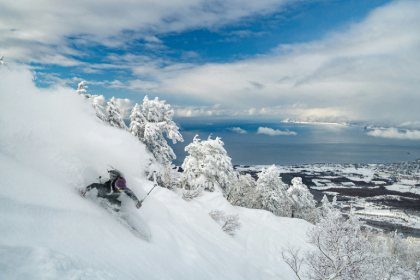
Japan is a world-class ski destination with around 500 ski resorts and slopes spread across the country.
Ever heard of “Japow“? Known for its ideal skiing conditions, Japan boasts some of the driest, fluffiest snow that attracts skiers and snowboarders from around the world.
After a full day of skiing, you can relax in a traditional onsen (hot spring) and then end your day with a steaming bowl of ramen to warm back up. 🍜
Doesn’t it sound like a dream? You can make this dream a reality thanks to Japan’s working holiday visa (WHV)! With this visa, you can immerse yourself in Japanese culture while earning money to fund your trip.
Now, if you want to experience Japan outside the tourist bubble, a working holiday visa might be a perfect fit for you!
↑ Go back to the table of contents
What is a Working Holiday Visa?

The working holiday visa (WHV) allows foreigners traveling to Japan to stay for a longer period than a typical tourist visa while earning some money on the side to support their travels.
We’ve written a quick guide to Getting a Working Holiday Visa in Japan, so make sure to check it out!
Find out more about the eligibility requirements and participating countries on Japan’s Ministry of Foreign Affairs official site.
One of the advantages of ski resort jobs is that they are short-term, seasonal work, which is ideal for WHV holders who will typically stay in Japan for 6 months to a year.
↑ Go back to the table of contents
Types of Jobs Available at Ski Resorts
So, you’ve decided to spend a season in Japan. Great! Now it’s time to figure out what job you want to help supplement your travels.
Here is a quick list of the jobs you can find at ski resorts in Japan:
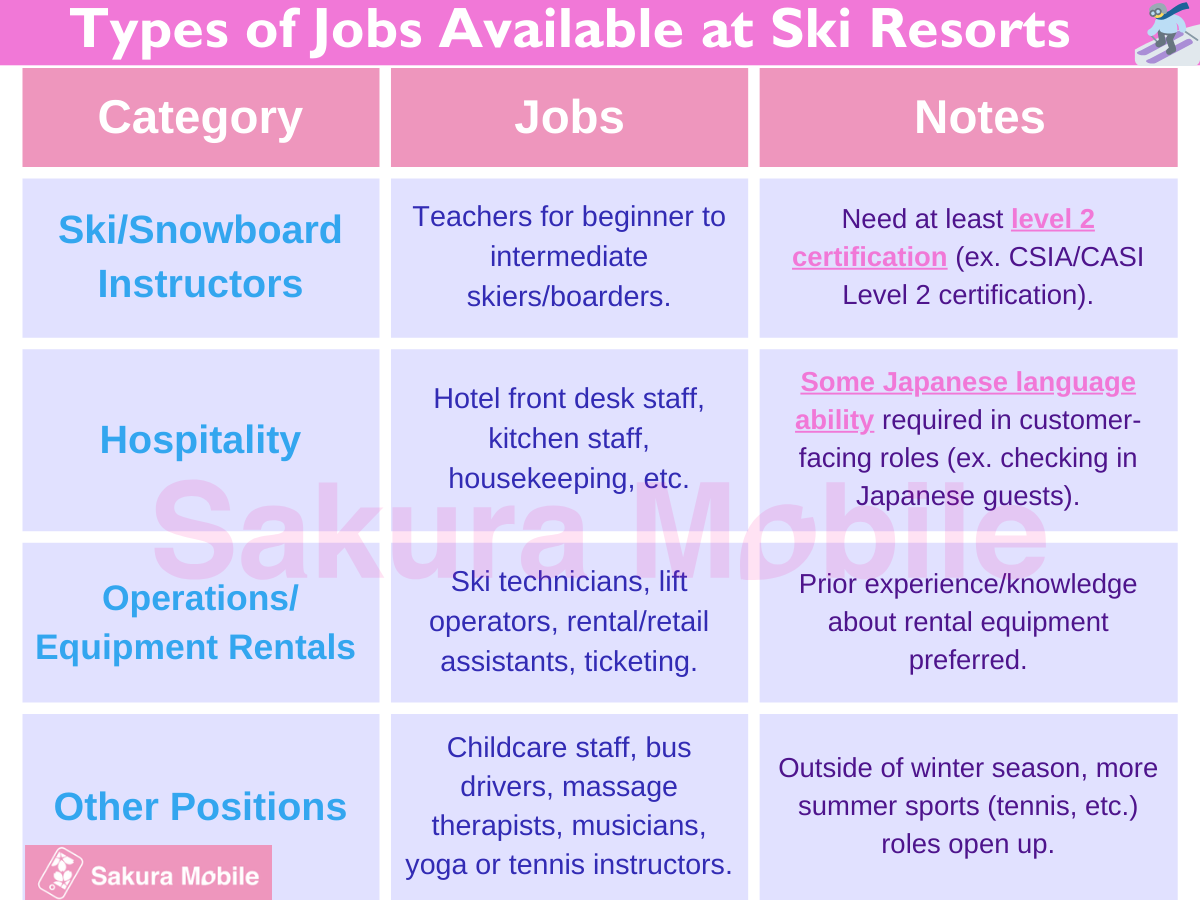
Timing and Hiring Season
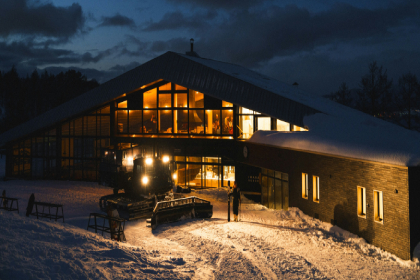
The winter season typically begins in November and ends in March/early April. The usual start date for jobs will be late November or early December, allowing you time to settle in before the busy ski season starts.
The minimum contract period for most jobs is usually around 3-4 months. After finishing your contract, you can travel around Japan (before your visa expires).
Got the job? ☃️
For those staying in Japan for at least 90 days or more, we recommend getting a Japanese phone number with Sakura Mobile’s Voice + Data SIM/eSIM!
Benefits of Sakura Mobile:
- Easy to order online
- Application and customer support are in English
- Easy pick-up at the airport or delivery to your address in Japan
- Inexpensive plans with docomo’s fast 5G/4G LTE network
↑ Go back to the table of contents
Job Requirements and Tips

Worried about your Japanese skills? While basic Japanese language skills are generally preferred, fluent Japanese isn’t essential for roles targeting foreign guests. Since people from all over the world come to ski in Japan, English is a valuable skill to many employers.
Here are a few other tips:
- International Driving Permit: Sometimes required.
- First Aid Certification: This can give you a leg up if you have it.
- Resume: A Japanese-style resume is usually NOT required. A Western-style CV is OK.
(You can submit a Japanese resume to stand out.)
↑ Go back to the table of contents
How to Find Jobs
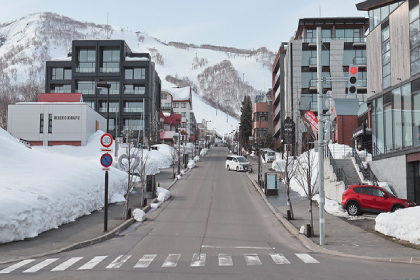
Here’s a quick list of ways to find ski resort jobs:
- Online Job Boards: Ex. GaijinPot, Ski Jobs, and SkiJapan.com.
- Specialty Services: Ex. Stepabroad, the Working Holiday Club, and Boobooski.
They offer visa support, job placement, and Japanese lessons (depending on the travel agency). - Direct Applications: Contact resorts directly from their website.
↑ Go back to the table of contents
Where Will You Work in Japan?
Some of the top ski destinations in Japan include:
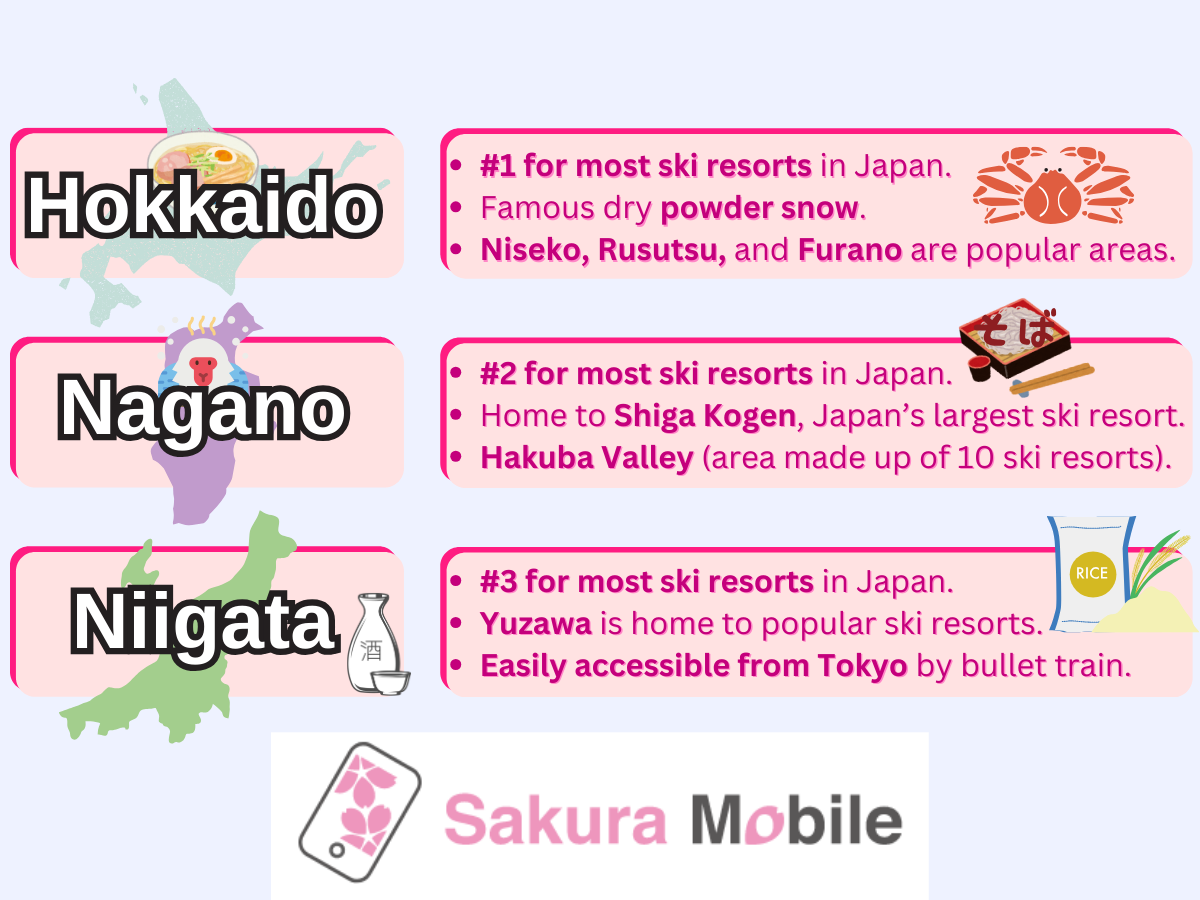
For a list of all the ski areas in Japan, check out this site.
⚠️While you’ll find that the resorts cater to foreign visitors, areas outside of the resorts are quite rural. In the countryside, very few people speak English, so you might run into trouble if you’re not fluent in Japanese.
↑ Go back to the table of contents
Setting Up Essentials: Your Phone and Bank Account

One of the first steps to working in Japan is setting up a bank account— and for that, you’ll need a Japanese phone number. But here’s the catch: for most of Japan’s major mobile carriers, you might struggle with the language barrier because the entire process will be in Japanese.
⚠️While most foreign credit cards are accepted in Japan, some mobile carriers only accept Japanese credit cards or payment via bank transfer (from a Japanese bank).
Let’s say you’re paid in cash and don’t want to open a Japanese bank account – you’ll still need a reliable data plan to stay connected with family back home or just to play on your phone during your breaks.
This is where Sakura Mobile makes all the difference.
Choose Sakura Mobile’s Voice + Data SIM/eSIM if you want to:
- Avoid the language barrier and complicated procedures. Our plans are affordable, with large data options, and fully manageable in English, from sign-up to customer support. No stress, no translation apps needed!
- Get the most coverage. We use Japan’s largest 5G/4G LTE network, the NTT docomo Network, covering 99% of the population. This means you’re covered not only at the resort but also in Japan’s countryside, where you can stay connected and explore without worries.
- Avoid 2-year contracts. It can be tricky and costly to terminate contracts with other carriers. With Sakura Mobile, there are no annual contracts and you can cancel whenever you’d like.
If you’re staying in Japan for more than 90 days, we recommend our Long-Term Products!
Skip the setup headaches and focus on why you came to Japan — the adventure of a lifetime on the slopes!
Check out our articles on Opening a Bank Account in Japan, Best SIM Cards for Long-Term Stays in Japan, and How to Get a Japanese Phone Number for more information!
↑ Go back to the table of contents
Benefits and Perks of Ski Resort Jobs

While the pay may be modest, there are plenty of perks to working at a Japanese ski resort.
Of course, your experience will vary depending on the resort, but many offer great perks such as:
- Seasonal lift passes
- Free or subsidized meals
- Subsidized dormitory housing or nearby accommodations
Working at a ski resort in Japan is also a great chance to make connections with people from around the world and improve your Japanese.
![]() Note that the pay may be lower than expected, so don’t plan to leave Japan with a huge amount of savings. Wages are usually around 1,000–1,400 yen per hour.
Note that the pay may be lower than expected, so don’t plan to leave Japan with a huge amount of savings. Wages are usually around 1,000–1,400 yen per hour.
For ski/snowboard instructors, your work hours may vary depending on the weather conditions. In that case, some people pick up other part-time work or take on shifts for other jobs at the resort.
⚠️It’s also important to note that your pay will be taxed at a rate of 20%. So keeping your expenses low is key!
↑ Go back to the table of contents
Final Tips for Landing a Job on a WHV
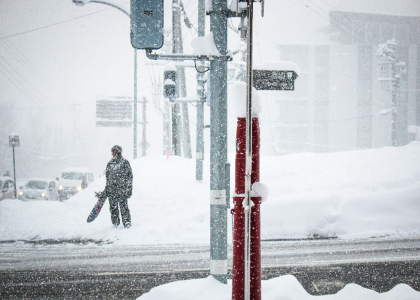
- Be prepared: Start your visa application ASAP and prepare documents early. Factor in possible visits/appointments at your local Japanese embassy.
- Research your ideal resort: Consider the location, job roles available, and language requirements. *It’s best to secure a job BEFORE coming to Japan on a WHV.
- Stay flexible and embrace rural life: English signage may be limited, and you’ll likely encounter fewer English speakers in rural areas, which might bring some culture shock at first. (Emphasize how flexible you are in the interview!)
↑ Go back to the table of contents
Conclusion
A winter working holiday at Japan’s ski resorts is your chance to make memories beyond the 9-to-5. Whether it’s the thrill of the slopes, the warmth of an onsen after a long day, or the friendships you’ll form along the way, your winter in Japan promises to be unforgettable.

🌸Working Holiday: Ultimate Guide to Finding Jobs in Japan (Spring 2025)
More coming soon! 🤩
If you’re curious about working holiday opportunities outside of the winter season, stay tuned! We’ll soon share tips on jobs for summer, so you can make the most of your time in Japan, no matter the season.
As you navigate life in Japan, don’t forget to stay connected!
With flexible long-term SIM and home Wi-Fi options, we make it easier than ever to share your journey and stay in touch with loved ones back home.🌸
On your working holiday, you’ll probably stay in Japan for at least 3 to 4 months, so we recommend our long-term products! No annual contract is required, and you can cancel at any time.
Check out what makes our services so great below! ⬇️
Sakura Mobile Long-Term Plans
↑ Go back to the table of contents

